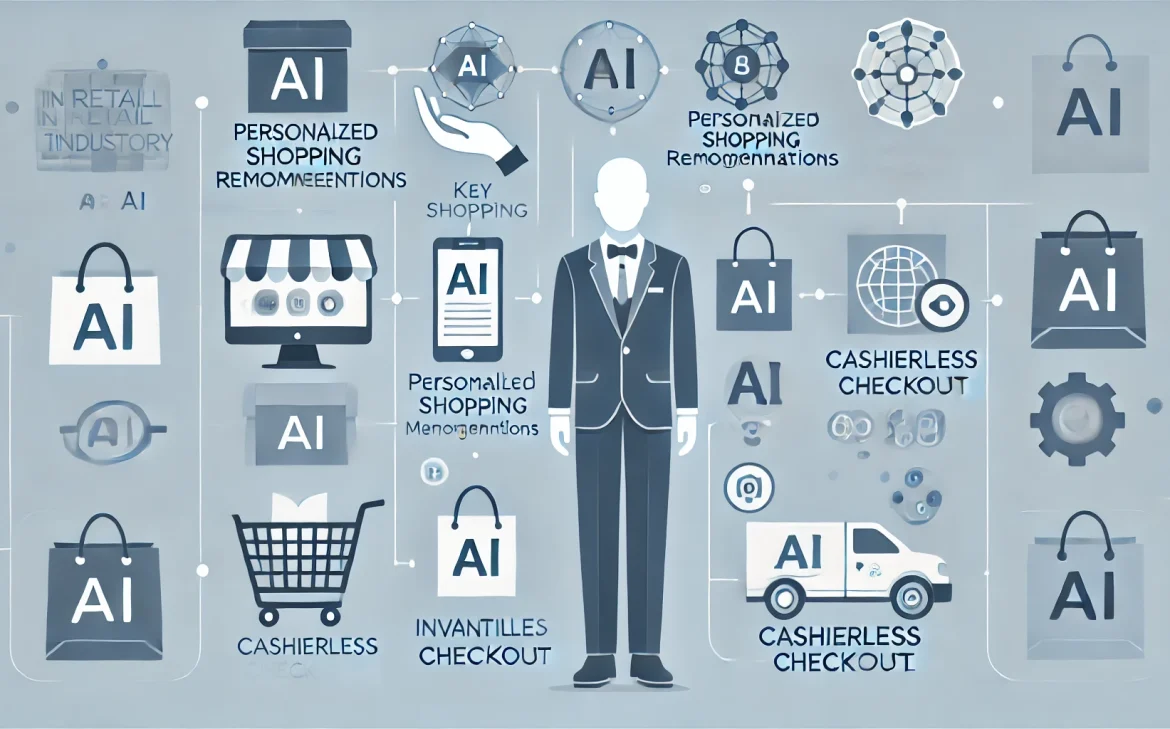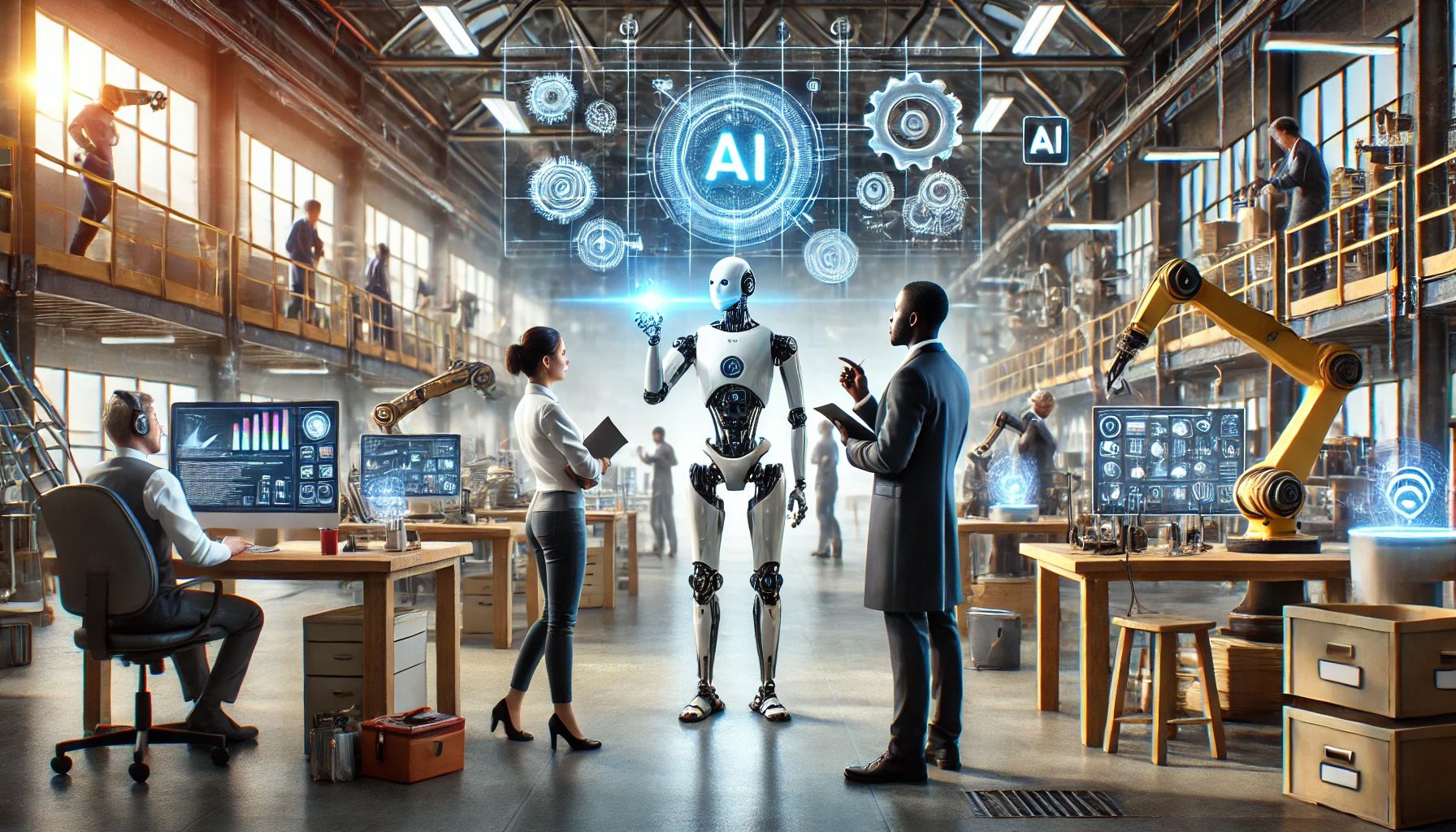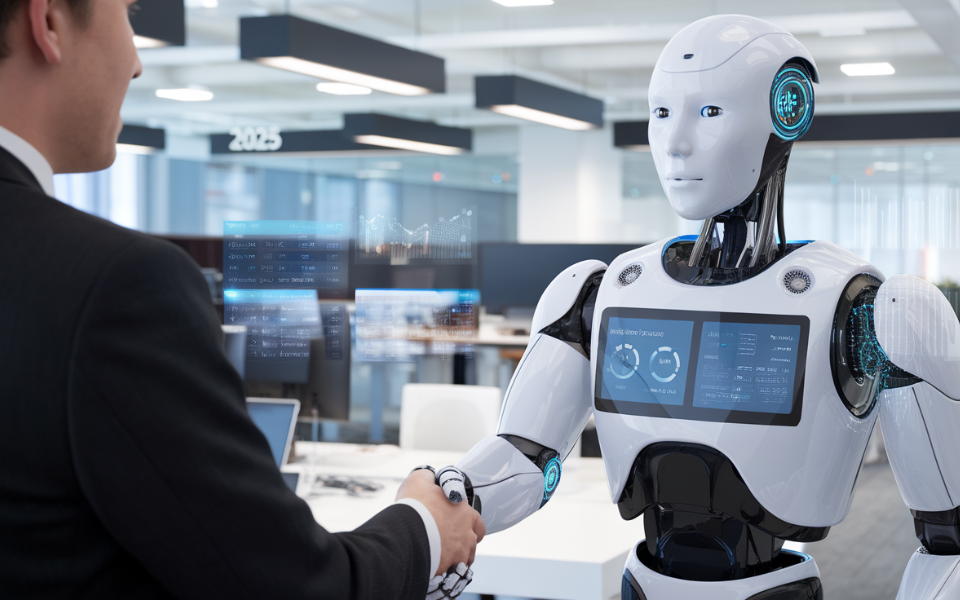Artificial Intelligence (AI) is revolutionizing the retail sector by enhancing customer experiences, streamlining operations, and driving data-driven decision-making. Through real-world case studies, we can see how retailers are leveraging AI to innovate and stay competitive in a rapidly evolving marketplace.
How Is AI Transforming Retail?
AI in retail is used to analyze customer data, forecast trends, automate tasks, and personalize experiences. From product recommendations to supply chain optimization, AI technologies help retailers operate smarter and more efficiently.
Key Case Studies of AI in Retail
1. Walmart – Inventory Management with Computer Vision
Walmart implemented AI-powered computer vision systems in select stores to monitor shelf inventory in real time. Cameras scan shelves and alert staff when items are out of stock or misplaced. This reduced inventory errors and improved product availability, enhancing the overall customer experience.
Impact:
- Increased shelf accuracy
- Faster restocking times
- Improved customer satisfaction
2. Amazon – Personalized Product Recommendations
Amazon’s recommendation engine uses machine learning algorithms to analyze browsing history, purchase behavior, and customer preferences. This AI-driven personalization accounts for a significant portion of its sales.
Impact:
- Up to 35% of sales driven by personalized recommendations
- Higher customer engagement and retention
- Enhanced cross-selling and upselling
3. Sephora – Virtual Artist & AI Chatbots
Beauty retailer Sephora launched the Sephora Virtual Artist, an AI tool that lets users try on makeup virtually using augmented reality. They also deployed AI-powered chatbots on their website and mobile app to assist customers with product choices and beauty tips.
Impact:
- Increased mobile engagement
- Higher conversion rates for online purchases
- Reduced dependency on in-store consultations
4. Zara – Predictive Analytics for Trend Forecasting
Zara uses AI to analyze social media, search behavior, and point-of-sale data to predict fashion trends and make quick decisions on inventory and design. This enables them to respond rapidly to changing consumer preferences.
Impact:
- Faster time-to-market
- Reduced overproduction and waste
- Improved product-market fit
5. Lowe’s – AI-Powered Robot Assistants
Home improvement giant Lowe’s tested LoweBot, an AI robot assistant that helps customers find products in-store using voice and visual recognition. The robot also collects data on customer preferences and traffic patterns.
Impact:
- Enhanced in-store navigation
- Valuable customer behavior insights
- Improved service without extra staffing
Lessons from These Case Studies
These examples demonstrate how AI can:
- Improve operational efficiency
- Deepen customer personalization
- Enable faster and smarter decisions
- Transform both in-store and online experiences
However, successful AI adoption also requires:
- Clean and ethical data usage
- Employee training and change management
- Strong tech infrastructure and integration
Conclusion
AI in retail is no longer a futuristic concept—it’s a practical tool driving real results. As seen in these case studies, from Walmart’s smart shelves to Sephora’s virtual artist, AI is enabling retailers to better understand their customers and adapt to their needs faster than ever before. By learning from these success stories, retailers of all sizes can explore AI applications to elevate their business in a competitive market.







Leave feedback about this